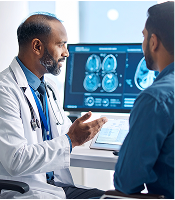All services related to Gastroenterology & urology under one roof with expert specialty care.
Cancer screening and early diagnosis procedures.
Our Services

Gastrointestinal Sciences & GI Oncology
Advanced solutions for digestive health.
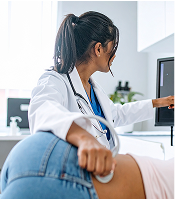
Urology and
Renal Science
Advanced care for urinary and kidney health.

Department of Pain &
Palliative Sciences
Comprehensive pain relief and palliative care aimed at comfort and better quality of life.

Health
Checkup
Proactive Assessments for Lifelong Wellness.
Expert solutions for a healthier you, with care and precision

Our Story
Empowering Health Through Expertise and Innovation
IIGU aims to transform healthcare by uniting Gastroenterology and Urology expertise under one roof. Our unique approach enables us to offer comprehensive, end-to-end care for a wide range of abdominal ailments.
Patient-centric philosophy drives us to understand the root cause of health issues, ensuring thorough and accurate diagnosis and personalized treatment plans. We prioritize Minimally Invasive Cure and ethical practices to ensure optimal patient outcomes and well-being.
By combining affordability with accessibility, IIGU aims to be the first choice for individuals seeking specialized Gastroenterology and Urology care. Our commitment to individualized care sets us apart, making us a pioneer in the field.
Care Beyond Cure
Minimally Invasive Procedure:
Minimally Invasive Surgeries minimizes the tissue damage, blood loss, and recovery time.
Daycare Surgery:
Enables 24-hour discharge with advanced tech for faster recovery and reduced infection risk.
Specialised Health Checkup Packages:
Smart packages for screening, prevention, and personalized care.
Tailored Treatments:
Our specialists offer personalized treatments for better outcomes and experience.
Our Approach to Treatment:
Discover the right treatment option with the right diagnosis.
Endoscopic Assessment
Cancer Screening
Health Checkup
Advanced Diagnostics & Radiology

State-of-the-Art Infrastructure:
Tailored for Your Comfort
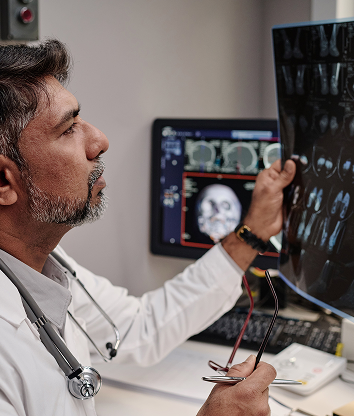
- Advanced Radiology
Advanced Modular OTs
Sterile, tech-driven surgical suites with real-time monitoring.
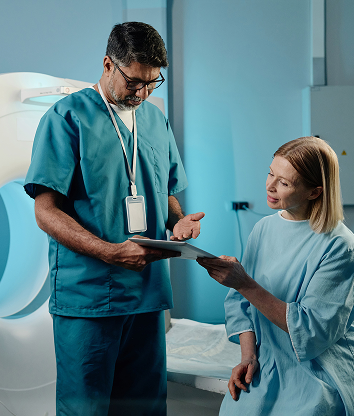
- Advanced Modular OTs
Advanced Modular OTs
Sterile, tech-driven surgical suites with real-time monitoring.
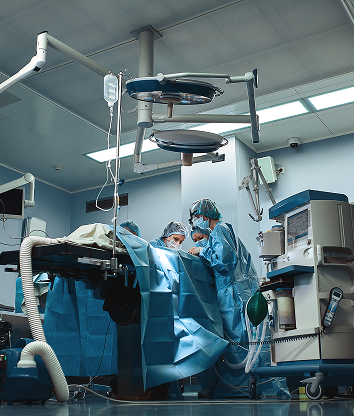
- Critical Care ICU
Critical Care ICU
Sterile, tech-driven surgical suites with real-time monitoring.
Our Team
Your Care is in Expert Hands

Dr. Vikram J Rao
Founder, Managing Director

Dr. Dharmaprakash NK
Co-Founder, Director

Dr. Shubha Padakannaya
Co-Founder, Director

Dr. Raghuram ATS
Co-Founder, Director

Dr. Jayalakshmi K
Consultant - Paediatric Gastroenterologist

Dr. Vishnu Priya P
Rehabilitation Specialist - Pelvic Health

Simran Khanam
Consultant Dietitian

Dr. Shruthi Rai P
Lab Director

Dr. Vikram J Rao
Founder, Medical Director
Director – Gastrointestinal Sciences
MBBS, MS, DrNB (Surgical Gastroenterology – KEM, Mumbai), FMAS, FIAGES, FACRSI, Hospital Management (IIMBx)

Dr. Shubha Padakannaya
Co-Founder, Director
Director – Interventional Pain and Regenerative Medicine
MBBS, MD, IDCCM (Tata Memorial Hospital), FIAPM, FIPM (Interventional Pain Medicine)

Dr. Dharmaprakash NK
Co-Founder, Director
Director – Urology & Kidney Sciences
MBBS, MS, MCh (Urology)

Dr. Raghuram ATS
Co-Founder, Director
Director – Anaesthesia and Critical Care Medicine
MBBS, MD (Anaesthesia), IDCCM, IFCCM (Critical Care Medicine)

Dr. Jayalakshmi K
Consultant - Paediatric Gastroenterologist
MBBS, MD/DNB (Paediatrics), PDCC (Paediatric Gastroenterology)

Dr. Vishnu Priya P
Rehabilitation Specialist - Pelvic Health
BPT, MPT (OBG), MIAP

Simran Khanam
Consultant Dietitian
B.Sc., M.Sc. (Dietetics and Applied Nutrition)

Dr. Shruthi Rai P
Lab Director
MBBS, MD, MBA, (PhD)
Consultant Biochemist
Chief Patron & Advisory Board

Dr. Satyendra Mysore MD.
MBBS (Mysore Medical College), Fellowship in Cardio-Thoracic Anesthesiology, American Board Certified (Anesthesiology, USA)

Dr. H S Shashidar
Chief Medical Director, Manasa Group of Hospital
General & Laproscopic Surgeon
MBBS, MS
Snapshots of Excellence
Healing Through Our Lens
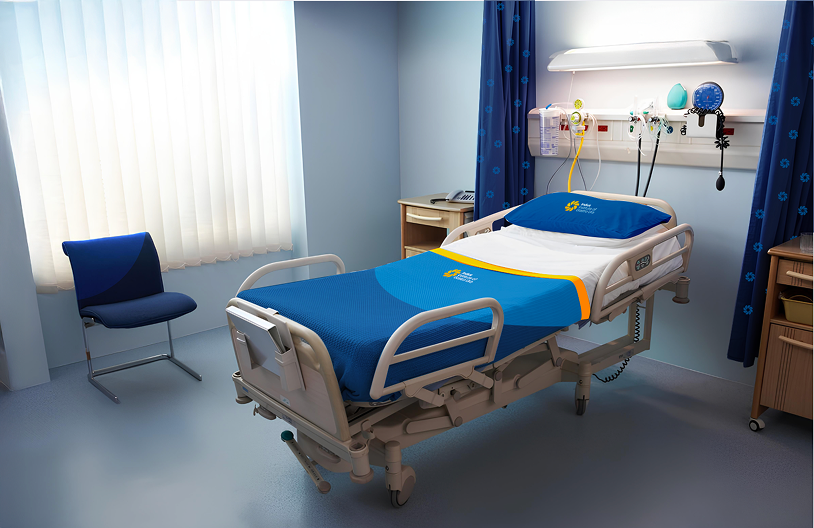
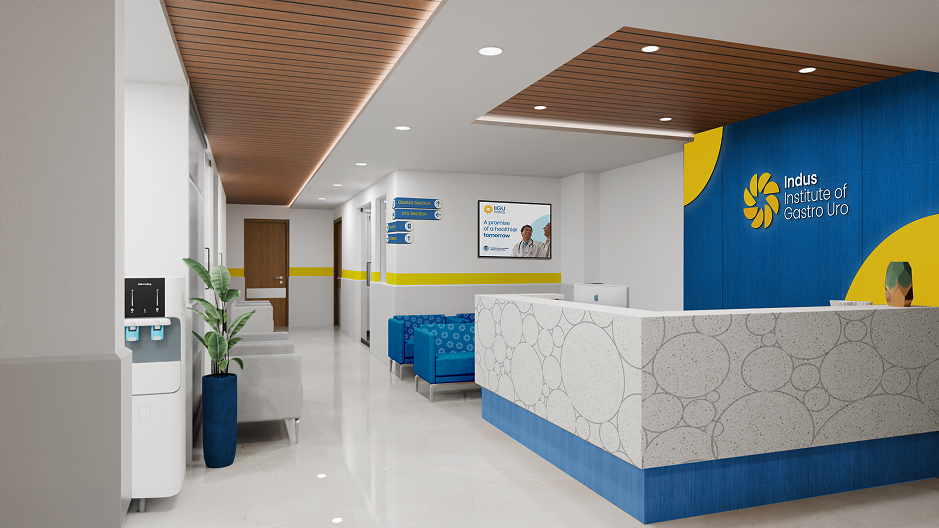
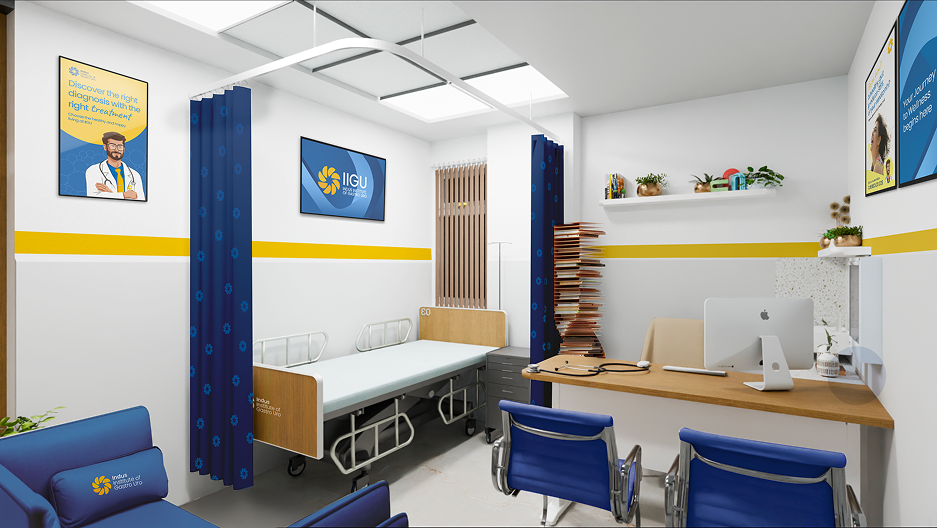
Don't take it from us—hear it from our satisfied and thriving patients!
Here’s what my patients say about our services.
Cutting-edge medical solutions, compassionate care, and expert professionals.
Mads Rauh
Founder, Location
Cutting-edge medical solutions, compassionate care, and expert professionals.
Mads Rauh
Founder, Location
Cutting-edge medical solutions, compassionate care, and expert professionals.
Mads Rauh
Founder, Location
Your Journey to better Health starts here!
Need to see a doctor? We’re here for you. Send us your details, and we’ll take care of the rest.

We're here to help!

Need more answers? Reach out to us!
Gastroenterology FAQs
When should I see a Gastroenterologist?
You should visit a Gastroenterologist if you have persistent digestive issues like heartburn, bloating, constipation, diarrhoea, or unexplained abdominal pain.
What are the common causes of Acid Reflux (GERD)?
Acid reflux is often triggered by spicy foods, caffeine, alcohol, smoking, obesity, and late-night eating. Lifestyle changes and medication can help manage symptoms.
What are the signs of Liver Disease?
Symptoms include jaundice (yellowing of skin/eyes), fatigue, swelling in the legs, dark urine, and persistent nausea. Liver disease can be caused by infections, alcohol, or fatty liver.
What is a Colonoscopy, and when do I need one?
A Colonoscopy is a screening test for colon cancer and digestive disorders. It’s recommended if you’re over 45 or experiencing blood in stool, unexplained weight loss, or chronic diarrhea.
What foods help improve digestion?
Fiber-rich foods like fruits, vegetables, whole grains, and yogurt promote gut health, while processed foods, dairy, and fried foods may worsen digestive issues.
What are the symptoms of Gallbladder problems?
Common symptoms include severe pain after eating fatty foods, nausea, vomiting, and bloating. Gallbladder issues like gallstones may require dietary changes or medical treatment.
What is Hernia?
A Hernia occurs when an internal part of the body pushes through a weakness in the muscle or surrounding tissue wall.
In many cases, it causes no or very few symptoms, although you may notice a swelling or lump in your tummy (abdomen) or groin.
The lump can often be pushed back in or disappears when you lie down. Coughing or straining may make the lump appear.
What is Cancer screening?
Cancer Screening is looking for cancer before a person has any symptoms. This can help find Cancer at an early stage. When abnormal tissue or Cancer is found early, it may be easier to treat. By the time symptoms appear, cancer may have begun to spread.
What are the tests used to screen Colon Cancer?
The following types of tests are used to screen for Colorectal Cancer:
- Fecal occult blood test
- Sigmoidoscopy
- Colonoscopy
- CT Colonography
- CEA assay
Urology FAQs
When should I see a Urologist?
A Urologist should be consulted for frequent urination, blood in urine, pain while urinating, kidney stones, or prostate issues.
What are the symptoms of a Urinary Tract Infection (UTI)?
UTIs cause a burning sensation during urination, frequent urge to urinate, cloudy , strong-smelling urine, and pelvic pain.
How do I know if I have Kidney Stones?
Symptoms include severe back or side pain, nausea, blood in urine, and pain while urinating. Small stones may pass naturally, while larger ones may need medical intervention.
What are the early signs of Prostate problems?
Difficulty urinating, weak urine stream, frequent nighttime urination, or feeling like your bladder isn’t empty could be signs of an enlarged prostate or prostate infection.
Can stress cause Urinary problems?
Yes, stress can lead to overactive bladder symptoms, causing frequent urination or urgency, even without infection.
How can I prevent Male Infertility?
Maintaining a healthy weight, avoiding excessive alcohol or smoking, reducing stress, and managing chronic conditions like diabetes can help support fertility.
Pain Management & Pelvic Physiotherapy FAQs
What is Interventional Pain Medicine?
It’s a specialized field that uses targeted treatments like nerve blocks, injections, and physical therapy to manage chronic pain. These are performed by trained anesthesiologists with expertise in pain medicine.
When should I see an Interventional Pain Management Physician?
When pain affects your everyday life and doesn’t improve with regular treatments, it’s time to consult a specialist.
What is chronic pain?
Pain that lasts more than a month and continues to interfere with daily life, even if it’s not constant.
Is the pain all in my head?
No. Chronic pain is real and often has physical causes. We use advanced diagnostics to find and treat the root of your pain.
Can physiotherapy help with frequent urination?
Yes. Bladder retraining, relaxation, and pelvic floor therapy can help reduce urgency and improve control.
Can physiotherapy help if my bladder tests are normal but I still feel pain?
Yes. Tight pelvic floor muscles can cause bladder pain even when test results are normal. Physiotherapy can help relax these muscles and reduce discomfort.
What techniques do pelvic physiotherapists use for urological conditions?
- Pelvic Floor Muscle Training (PFMT): To strengthen weak muscles or relax overactive ones.
- Biofeedback Therapy: For neuromuscular re-education.
- Bladder Retraining: To manage urgency and frequency.
- Manual Therapy & Myofascial Release: To relieve muscle tightness and trigger points.
- Neuromodulation Techniques: Such as tibial nerve stimulation for bladder dysfunction.
- Behavioral & Lifestyle Modifications: Including fluid management, diet changes, and toileting habits.

